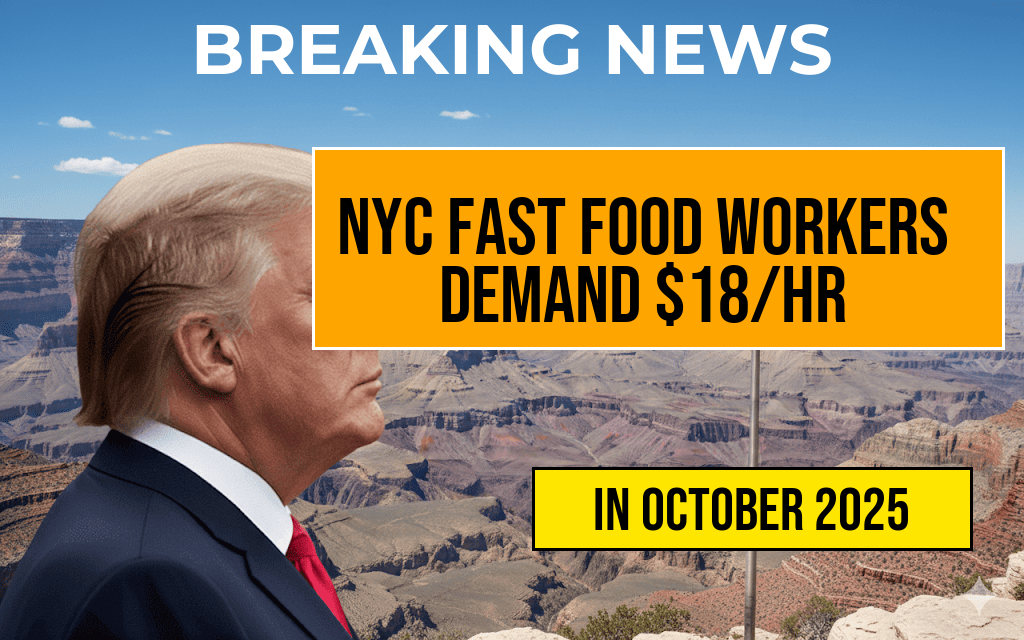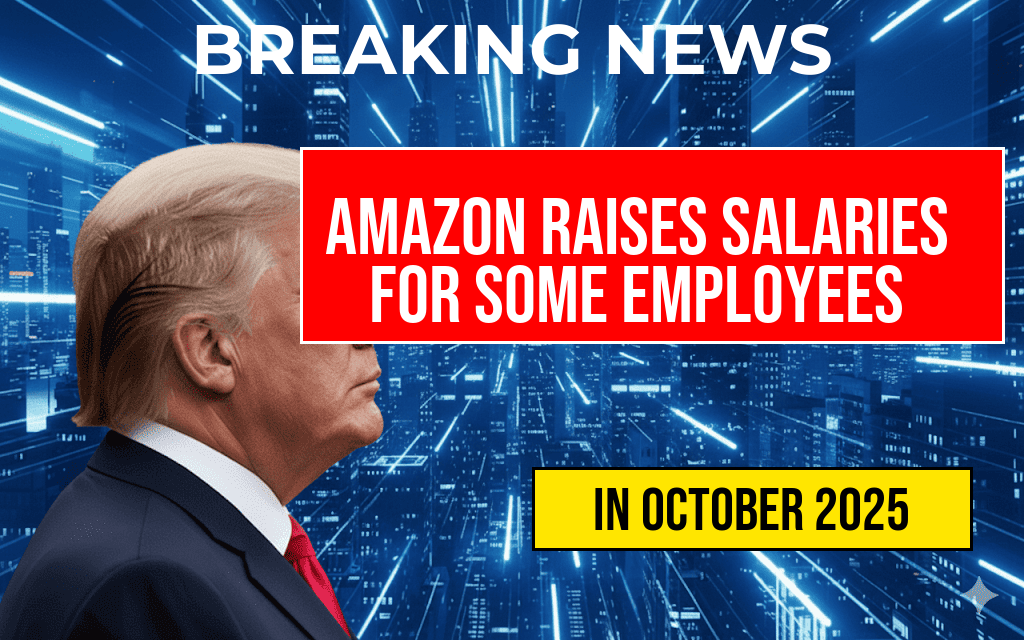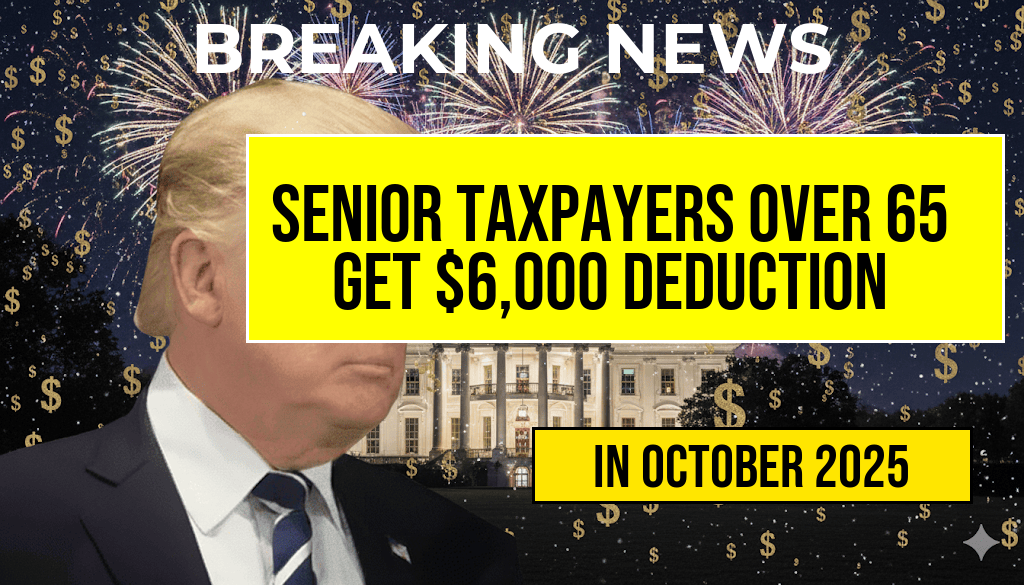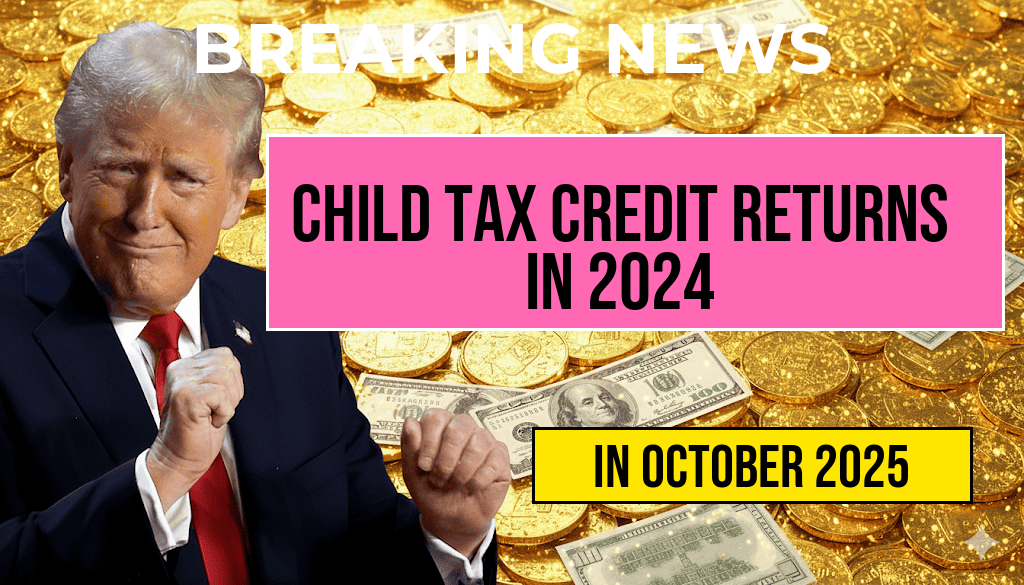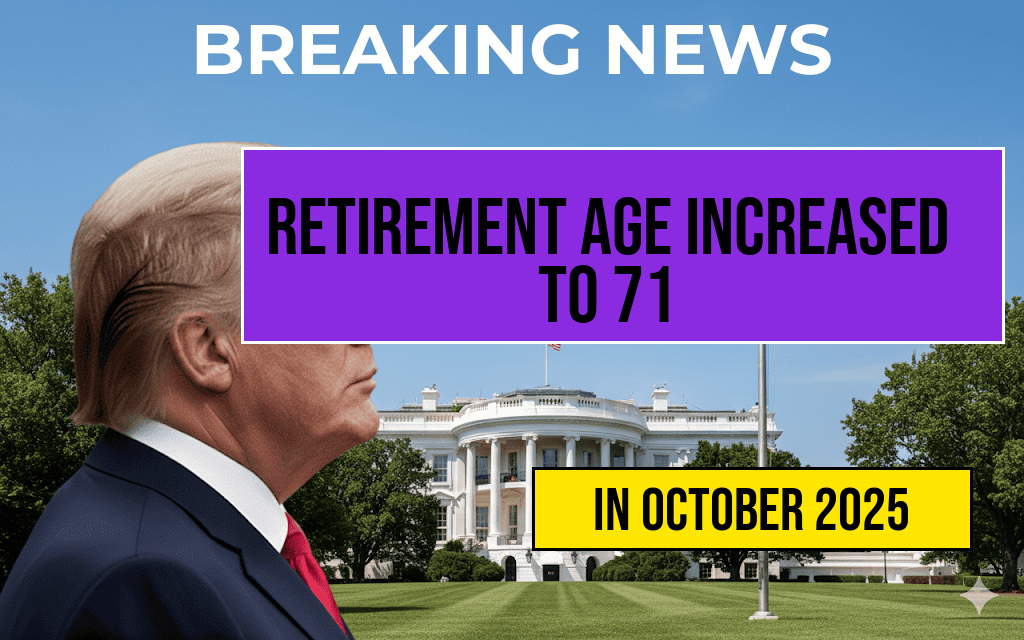Fast food workers in New York City are escalating their efforts to secure an $18 an hour minimum wage, citing rising living costs and demanding fair compensation for their labor. The campaign, launched by a coalition of worker advocates and local unions, aims to pressure restaurant owners and city officials to implement wage increases that reflect the economic realities faced by employees. As the debate over fair wages intensifies across the nation, NYC’s fast food workforce is increasingly vocal, organizing protests, petitions, and meetings with policymakers to push for tangible change. This movement underscores broader conversations about income inequality, affordable living, and worker rights in one of the country’s most expensive cities. The push for higher wages also coincides with ongoing discussions about the future of fast food employment, automation, and the economic sustainability of low-wage jobs.
Background and Context of the Wage Campaign
New York City’s fast food sector has long been characterized by low wages and limited benefits, with many workers earning around the current minimum wage of $15 an hour. Recent economic shifts, including inflationary pressures and rising housing costs, have intensified calls for higher pay. Advocates argue that $18 an hour is a necessary benchmark to ensure workers can afford basic necessities such as rent, transportation, and healthcare. The campaign aligns with similar efforts nationwide, notably in states like California and New York, where minimum wage increases have become a central policy issue.
The movement gained momentum after a series of worker-led protests and strikes over the past year, demanding not only wage hikes but also improved working conditions and job security. According to data from the U.S. Department of Labor, approximately 1.3 million fast food workers across the country earn wages at or near the federal minimum, highlighting the widespread nature of the issue.
Key Demands and Strategies
Organizing and Public Pressure
- Worker-led protests at major fast food chains across Manhattan and Brooklyn
- Petition signatures collected from thousands of residents supporting wage increases
- Engagement with city officials to advocate for policy changes
Policy Advocacy
- Proposals for a phased increase to $18 an hour over the next two years
- Calls for mandated benefits such as paid sick leave and health coverage
- Lobbying for local legislation to set higher minimum wages specific to the fast food industry
Responses from Industry Stakeholders
Fast food corporations operating in NYC have responded with a mix of caution and resistance. Many emphasize the economic challenges faced by small franchise owners and the potential impact on prices and employment levels. A spokesperson for a prominent franchise cited concerns about increased labor costs leading to reduced hours or automation. Conversely, labor advocates argue that corporations have the financial capacity to absorb higher wages, citing record profits in some chains during the pandemic era.
| City | Current Minimum Wage | Proposed Wage | Cost of Living Index (2023) |
|---|---|---|---|
| New York City | $15.00 | $18.00 | 100 |
| Los Angeles | $15.50 | $18.00 | 105 |
| Chicago | $15.00 | $16.50 | 95 |
Legal and Political Landscape
Legislation at the city level could play a decisive role in determining wage policies for fast food workers. New York City Council members have expressed varying degrees of support, with some advocating for a faster implementation of wage increases, while others call for more comprehensive studies. State lawmakers are also under pressure to consider statewide measures that would set higher minimum wages for vulnerable sectors like fast food.
Federal policy has traditionally lagged behind local initiatives, but recent pushes by labor groups aim to elevate the minimum wage nationally. However, progress remains slow, and many industry stakeholders are wary of mandated increases, citing potential job losses and increased automation as consequences.
Implications for Workers and the Local Economy
Proponents of the wage increase argue that boosting pay could significantly improve the quality of life for thousands of workers, reducing reliance on public assistance programs and stimulating local economies. “When workers earn a living wage, they spend more in their communities, which benefits small businesses and contributes to economic resilience,” said a spokesperson for a workers’ rights organization.
Critics, however, warn that rapid wage hikes might lead to higher menu prices or operational cutbacks, potentially affecting employment levels. An analysis from Forbes suggests that a balanced approach, combining gradual wage increases with support for small business adaptation, could mitigate adverse effects.
Looking Ahead
The campaign for an $18 an hour minimum wage in New York City underscores ongoing tensions between economic sustainability and fair labor standards. As worker activism continues to grow, policymakers are faced with the challenge of balancing industry viability with the moral imperative of fair wages. The outcome of this movement could influence wage policies in other urban centers and shape the future landscape of fast food employment in the United States.
Frequently Asked Questions
What is the main goal of the New York Fast Food Workers Campaign?
The primary goal of the campaign is to advocate for a $18 an hour minimum wage for fast food workers in New York City to improve their earning conditions and economic stability.
Why are fast food workers in NYC demanding a higher minimum wage?
Fast food workers are demanding a higher minimum wage because they often work long hours for low pay, which makes it difficult to cover basic living expenses and achieve financial security in New York City.
How does the campaign plan to achieve its goal of increasing the minimum wage?
The campaign aims to achieve its goal through advocacy, protests, and lobbying efforts, encouraging policymakers and business owners to raise the minimum wage for fast food workers across NYC.
What impact could a $18/hour minimum wage have on fast food workers in NYC?
Implementing a $18/hour minimum wage could significantly improve the financial well-being of fast food workers, reduce economic inequality, and promote better working conditions in the industry.
Are there any recent actions or protests related to this campaign?
Yes, fast food workers in NYC have organized strikes and protests to raise awareness about their demand for a fair minimum wage and to pressure policymakers to take action in support of their cause.

